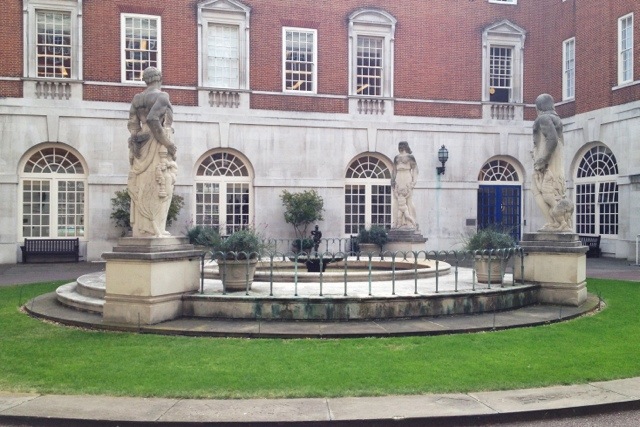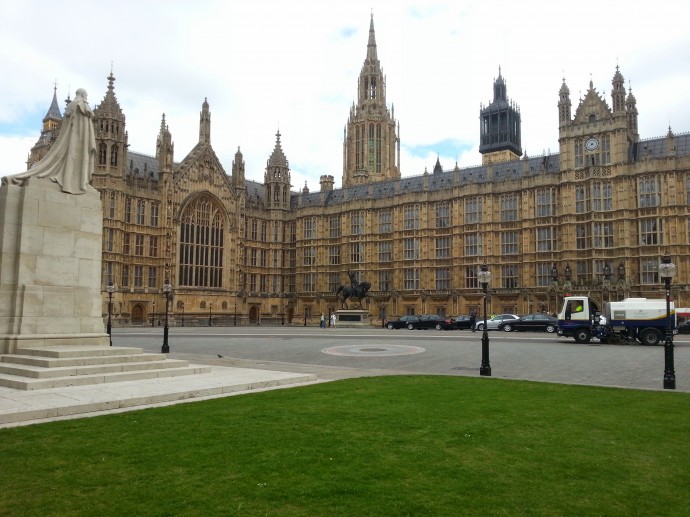I confess that when I bought One More Thing: Stories and other stories, my expectations were low. I braced myself for a comedian's memoir, not unlike the tens of recent precedents. I foresaw a series of anecdotal tales with varying levels of humour and, if I was lucky, a little pith. I knew Novak only from The Office and, regardless of others' plaudits, I never rated his acting. All of which is to say: I was expecting a car crash.
My expectations were confounded. I thoroughly enjoyed this wide-ranging collection of short stories, which deftly covers every aspect of the human condition. Some stories are a couple of sentences; some are considerably longer. Some are funny; others thoughtful; others genuinely moving. Others miss the mark, but this latter category is by far the smallest. He litters the text with some mildly irritating "discussion questions", which have a tendency to point to the obvious or become indulgently self-aware, but they're easily skipped.
While the stories are clever, however, Novak's ear is excellent. At his best, he crafts lines that live long in the memory, and captures characters and dialogue with the deftness of a literary great. I could write about his use of language all day long, but I'll restrain myself to a handful of examples.
While spinning one corporate yarn, Novak uses the pitch-perfect phrase
"more than 140,000 distinct units of social media approval"
This phrase could have been uttered in any one of tens of meetings I've endured over the past twelve months. It captures so perfectly that self-affirming desire of so many corporate shills to name things in ways which are understood by everyone but familiar to no-one.
Novak is also possessed of a poetic ability to use adjectives in a metaphorical, rather than literal, way. This seems to have become rarer in recent years, for reasons that I don't fully understand. But Novak has a teacher "nodding without moving their head", and some "bold, capital numbers" to name but two examples.
I feel obliged to single out some individual stories for comment. If I Had a Nickel was, perhaps, the only story which was far longer than its point required. Closure felt tricksy, rather than clever, and didn't make much of a point. Beyond that, most of the stories are pretty good. Some are brilliant.
Recently, I've given poor reviews (in both senses of that phrase) to books by Paul Carr and Dave Cicirelli which cover much the same ground as Novak's One of these days, we have to do something about Willie. And yet, Novak communicates more and gives more pause for thought about the same topics in a short story than either of those two managed in their respective books combined.
The Man Who Invented the Calendar is one of his "Just So" style stories, which I had previously read in the New Yorker without ever mentally attributing to Novak. Indeed, it is one of the weaker of these stories in the book, but I suspect reading it will provide some indication as to whether one might like the book as a whole.
For my money, this book is great. It is a bold and captivating literary debut, and the most thoughtful and enjoyable book I've read in some months. Novak is a bona fide literary talent, and I'll hunt out his next work.





One More Thing: Stories and other stories is available now from amazon.co.uk in paperback and on Kindle.


